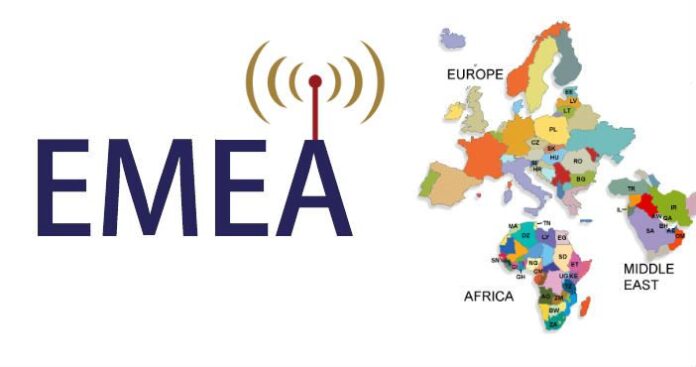A new European Commission digital study showed growing Internet use in Europe, but also highlighted a deep geographical divide across the continent.
Northern European countries led the rankings in the new Digital Economy and Society Index, which was presented this week in Brussels. Denmark topped the list, followed by Sweden, the Netherlands and Finland. Western and central European countries filled out the midrange while southern and eastern European nations lagged behind with Romania coming in last.
The index judged each EU country by its level of connectivity and the Internet skills and online activities of its citizens, as well as the development of digital public services and key technologies, such as cloud services and e-commerce.
Overall, the picture looked good, with the majority of Europeans (75%) using the Internet on a regular basis, but that use varied from a high of 93% in Luxembourg to 48% in Romania.
“These figures show Europe is going digital, and Europeans enjoying great new services,” said Andrus Ansip, the European Commission’s VP for the Digital Single Market. “The vast majority of Europeans are going online: citizens want to access online content, we need to make it easier for them.”
But the index shows some countries may need more help than others. For instance, in some digital areas the disparity was especially stark: 69% of people in Denmark had used online forms to send information to public agencies; in Romania only 6% had. In Estonia, a small northern country that has embraced many online technologies, 100% of general practice physicians had used e-prescriptions to transfer drug orders to pharmacists, while the technology was completely unused in Malta.
The release of the index findings comes as the European Commission is preparing the strategy to bring the 28-nation region into a single digital market. Ansip expects to reveal the draft strategy in May.
More telecom news from Europe, the Middle East and Africa:
• Orange buys Orascom’s stake in Egypt’s Mobinil. Paris-based Orange reached an agreement with Orascom Telecom Media and Technology to purchase all of its shares and voting rights in the Egyptian Company for Mobile Services, which operates the Mobinil brand. The deal is valued at $238.16 million and will increase Orange’s stake in ECMS from around 94% to about 99%.
• Telefónica’s operating income falls 36%. The Spanish telecom giant released its 2014 fourth-quarter earnings (PDF), which showed earnings before interest, taxes, depreciation and amortization operating income of $3.63 billion, a decline of 36% over the same period of the previous year. According to Bloomberg, it was the lowest Q4 operating profit Telefónica had posted in more than a decade.
• Telekom Austria has claimed the world’s first fully virtualized stack in a live network. The company’s Serbian subsidiary, Vip mobile, demonstrated the technology that includes virtualized EPC by Connectem, Metaswitch’s Project Clearwater, an open-source IMS core and virtualized VoLTE AS by OpenCloud.
Want to know more? Check out our EMEA coverage, and follow me on Twitter!
Sara Zaske covers European carrier news for RCR Wireless News from Berlin, Germany. She has more than 10 years experience in communications. Prior to moving to Germany, she worked as the communications director for the Oregon State University Foundation. She also is a former reporter with the San Francisco Examiner and Independent, where she covered development, transportation and other issues in the City of San Francisco and San Mateo County.

